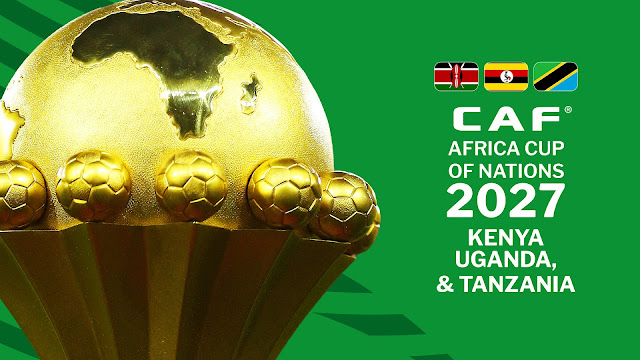Implications for Uganda Following Potential Removal from AGOA Trade Deal

Official Launch of AGOA Exporters Association, 2019 (Photo Courtesy: Ministry of Trade Industry and Cooperatives) US President Joe Biden has signalled his intention to terminate Ugandan exports to the US under the African Growth and Opportunity Act (AGOA). This decision, rooted in allegations of human rights violations, has the potential to reshape Uganda's economic landscape and its relationship with one of its most significant trade partners. Understanding AGOA The African Growth and Opportunity Act (AGOA) is not just another piece of legislation; it represents a cornerstone of US-Africa trade relations. Approved by the U.S. Congress in May 2000, AGOA's primary objective was to provide a much-needed boost to the economies of sub-Saharan Africa. By enhancing economic relations between the United States and the region, it aimed to create a win-win situation: African countries would gain better access to the vast US market, and the US would strengthen its economic ties with a r...
_WITH_JOURNALISTS_AT_THE_6TH_ZIONIST_CONGRESS._SEATED_NEXT_TO_HIM_IS_Z._WERNER,_EDITOR_OF_THE_ZIONIST_PAPER,_DIE_WELT._%D7%AA%D7%90%D7%95%D7%93%D7%95%D7%A8_%D7%94%D7%A8%D7%A6.jpg)



